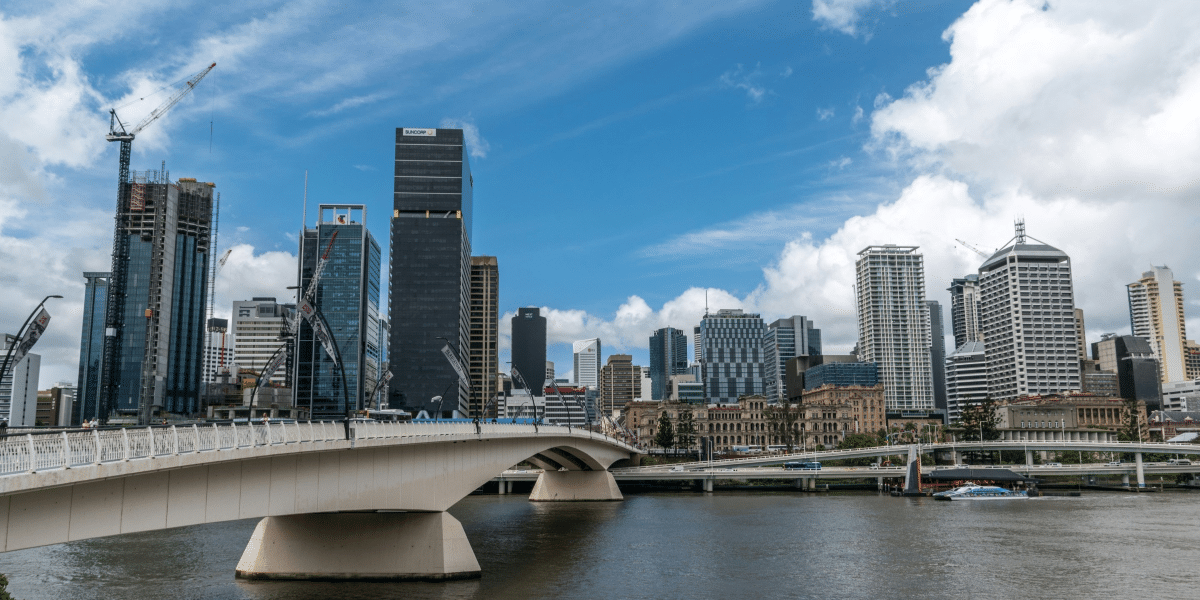A government official said that to address an electrical shortfall, Bangladesh will cut back on office hours and close schools for an additional day each week.
The South Asian country began daily, two-hour power outages last month.
Following a more than 50% increase in gasoline prices by the government, protesters have recently taken to the streets.
The cost of importing fuel has increased, and Bangladesh’s economy and foreign exchange reserves have suffered as a result of the conflict in Ukraine.
Khandker Anwarul Islam, the cabinet secretary for Bangladesh, announced on Monday that schools, which had previously only been closed on Fridays, would subsequently also be closed on Saturdays.
Bangladeshi schools are typically open six days a week: Monday, Tuesday, Wednesday, Thursday, Saturday, and Sunday.
Banks and government institutions will reduce their daily opening hours from eight to seven. Private businesses, however, will be able to choose their hours of operation, according to Mr. Islam.
He continued by saying that the government would keep supplying power to villages, even early in the morning when crops were being irrigated.
Many areas of Bangladesh have been known to experience daily power outages lasting longer than two hours.
The majority of the nation’s electricity is produced by natural gas, some of which is imported.
Due to the escalating expense of fuel imports, authorities have shut down all of Bangladesh’s diesel-powered power facilities, which produce around 6% of the nation’s electricity.
Earlier this month, gasoline prices increased by more than 50%, going from 86 taka (90 US cents, 76p) to 130 takas per liter.
Read Also: Sri Lanka: Workers gets an extra day off to grow food
Diesel and kerosene prices increased by over 40% at the same time.
Bangladesh became the third country in South Asia to apply for a loan from the International Monetary Fund in July, following Pakistan and Sri Lanka (IMF).
The prospective loan’s magnitude has not yet been determined, but negotiations are anticipated to start following the World Bank and IMF Spring Meetings in October.
The foreign exchange reserves of Bangladesh have decreased to about $40 billion (£34 billion), or four and a half months’ worth of regular government spending.
The $416 billion economy has received praise in recent years for being among the fastest-growing globally.
Fear as fuel prices climb in Bangladesh
Bangladesh, one of the fastest growing economies, has increased fuel prices by more than 50% in the past week. The reason given is the rise in oil costs following the conflict in Ukraine. As yet another country in South Asia struggles with a worsening financial crisis, thousands of people have taken to the streets to protest.
Thousands of people protested at gas stations around the nation in scenes evocative of Sri Lanka after hearing about the hike and demanded that it be overturned.
Although there haven’t been many protests in Bangladesh, the hostility and hatred are growing.
After Sri Lanka and Pakistan, Bangladesh, whose economy had been hailed as one of the fastest-growing in the world, applied for a loan from the International Monetary Fund,











